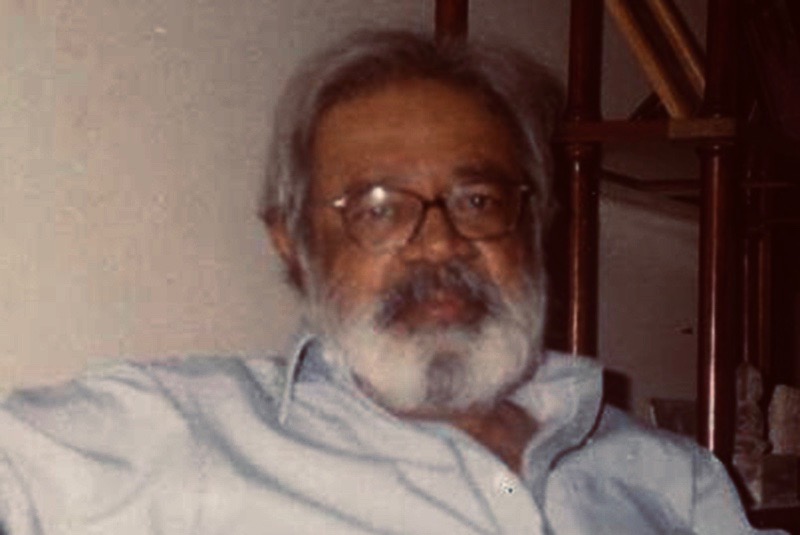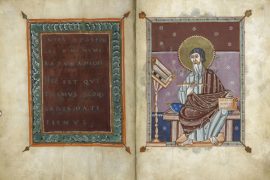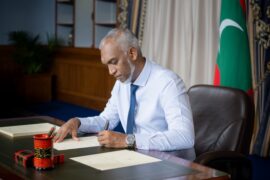After 72 years of independence, the story of freedom is one of irreversible loss of life, dignity and place. It is also a saga of division and disruption of the Hindus and the Muslims of the Sindh. People who lived together for generations and worked together for freedom were ripped apart from each other at the time of partition. As Alok Bhalla writes in Partition Dialogues: Memories of a Lost Home:
millions of people were forced to leave their homes, their bastis, their desh, their watan, and undertake a difficult and sorrowful journey.
The experience of Bhaag, Baant, Bantwara, Vibhaqt, Vibhajan and Taqseem in 1947 is drenched in the agony of loss, betrayal, separation and suffering. India paid a heavy price for political freedom; the politics of divide and rule led to the severing of human ties, redrawing of boundaries, division of property – and the nation – in the most gruesome manner.
With the blood of Indians on their hands, the imperialists left South Asia with a legacy of divide and fight, disunite and perish. However, despite the distrust and disquiet, the voice of sanity prevails in certain quarters and mourns the loss with an invincible hope that life would become better for both India and Pakistan. Qazi Abdul Jaleel, popularly known as Amar Jaleel, one of the most distinguished and controversial Sindhi writers in Pakistan, is one such voice of reason.
-30-
Copyright©Madras Courier, All Rights Reserved. You may share using our article tools. Please don't cut articles from madrascourier.com and redistribute by email, post to the web, mobile phone or social media.Please send in your feed back and comments to [email protected]











